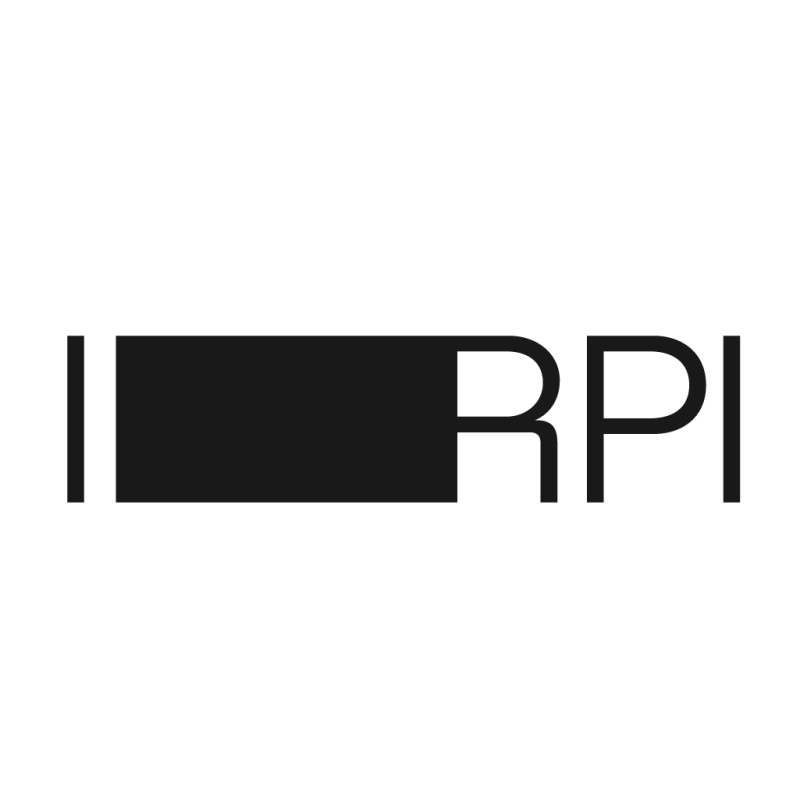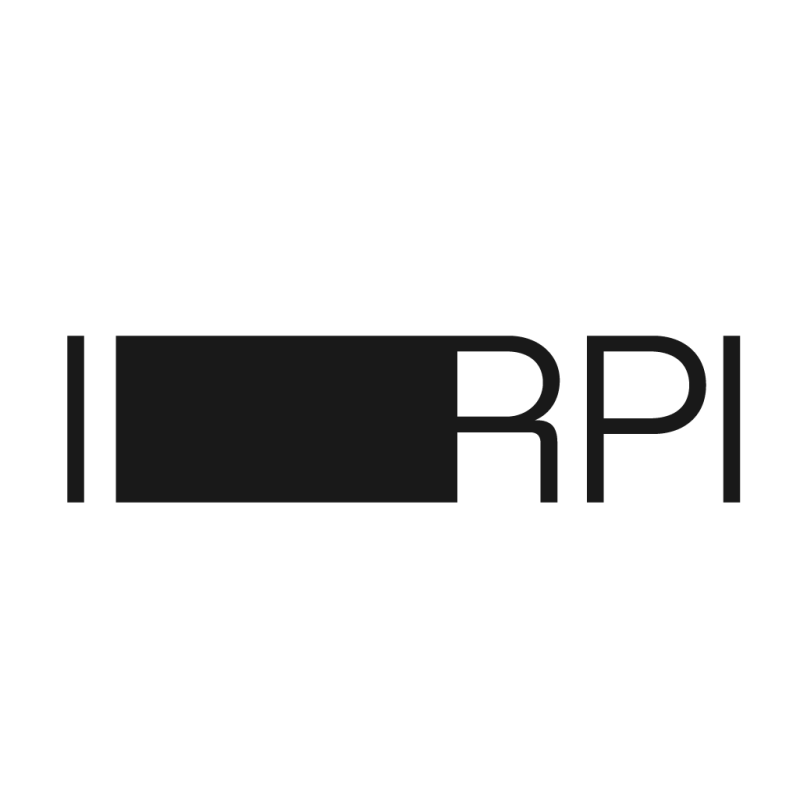With this fund, IrpiMedia will broaden investigative training and reporting with grassroot communities and local media outlets to promote equal access to quality information for historically underrepresented societal groups, such as youths, migrants and ethnic minorities who often live in the peripheries together. The project will do so by publishing at least four investigations coordinated with collectives and local newsrooms in news deserts in Italy: Calabria, Sicily, Sardinia and peripheries of two main cities; Rome and Milan. Moreover, we will organize two in-person journalism workshops for reporters, advocacy groups and relevant NGOs in areas where our primary audiences are disadvantaged, like those under the control of Italian mafias or those with heavy migrant work exploitation. One of these workshops will work specifically with young reporters (under 30) and students from Fondazione Basso Journalism School and/or Cattolica University’s Journalism School. Editorial productions will stem from these workshops and be published on IrpiMedia. With this project, we will also strengthen a bottom-up perspective by offering our whistleblowing platform IrpiLeaks in multiple languages with a specific channel for migrants who can flag injustices and share their stories. A pilot has been done with a project on gig economy couriers in Milan with good results. We believe IrpiMedia already has a unique approach to underrepresented communities and issues, and through this fund it could increase its capability of representing them.
Target group
This project has several beneficiaries - chief among them are the local reporters and newsrooms IrpiMedia collaborates with in this project. Publications will be housed on IrpiMedia’s website with more than 315,000 Italian and international readers annually and promoted through our newsletters and social media networks of more than 20,000 followers, contributing to awareness and growth of the local newsrooms to broader audiences.
Additionally, the workshops outlined below will benefit reporters by adding new tools to their belts. IrpiMedia is one of the only organizations supporting freelance journalists, adding to the pool of diversified reporting that will assist in the growth of a free, fair and independent press in news deserts in Italy. Experts with interest in the findings of investigative reporting such as NGOs, activists and grassroots organizations will also benefit from this growth in transparent reporting by having broader material and evidentiary support for their work to hold corrupt officials and entities accountable. As an addendum to the publications, the workshops will contribute to the creation of an investigative manual that can be accessed for tools, good practices and guidance in conducting investigative reporting.
Last, but not least, Italian society and the Mediterranean ecosystem will benefit from increased awareness of public interest topics that are freely accessible and available in both Italian and English.
Goals of the project
The project’s impact is both societal and journalistic. Societally, the project will enhance the awareness of citizens to topics of public interest that include infringement of their human rights particularly in areas controlled by organized crime. Additionally, the project will raise the voices of the voiceless in three primary communities to bolster weakened democracy in Italy and further across the Mediterranean region, and become a point of reference for topics and events of public interest. The project will also sow the seeds of investigative reporting in this region to promote growth in news deserts through its cross-border collaborations and journalistic workshops. Collectively, we will measure the success of these impact goals through a combination of qualitative and quantitative indicators that include event attendance, social media reactions and surveys.
Implemented activities
They implemented coordination of a network of smaller media / collectives that have authored the reporting and fieldwork, including the bottom-up journalism and workshops with the local communities, and have implemented online publication of the four investigations on IrpiMedia website, as well as in a printed book that will be soon distributed also through exhibitions, also implemented as a result of the project.
Impact addressing news deserts
The project seems to have had an impact both inside the four territories and communities identified as news deserts in our project, as well as on a national scale - the project was widely distributed, read, and watched and has raised the issue of news deserts in Italy. Of course, none of the four news deserts that they worked on has stopped being so, but their project shed a light that was missing. In practice, in all four territories, they worked with the local communities, including them in the building of the narrative, providing back agency and ensuring their voices were not only represented, but guiding the angle of the reporting. The idea is that journalism, this time, would provide not only the space for stories, but also tools that would resist there, and become useful for the struggling of the local communities.
More importantly, IrpiMedia worked and coordinated four collectives of journalists to run this project, to make this a real experiment of participatory journalism. Some examples of impact with each local community, are:
Following the DOTZ investigation, a young protagonist of the story who had shared his passion for music was contacted by a professional from the music industry. Following the reporting from Centro di Giornalismo Permanente and the public event, local institutions have been in touch with the reporters to collaborate on future cultural events, including a small festival. One of the members of the local group that was part of the reporting is improving his skills to make podcasts and reportages, while another reporter is now steadily working with a media outlet focused on cinema. One of the companies investigated by RESTA and FADA in their podcast series reached out to the team to provide feedback after not having responded to previous queries.

